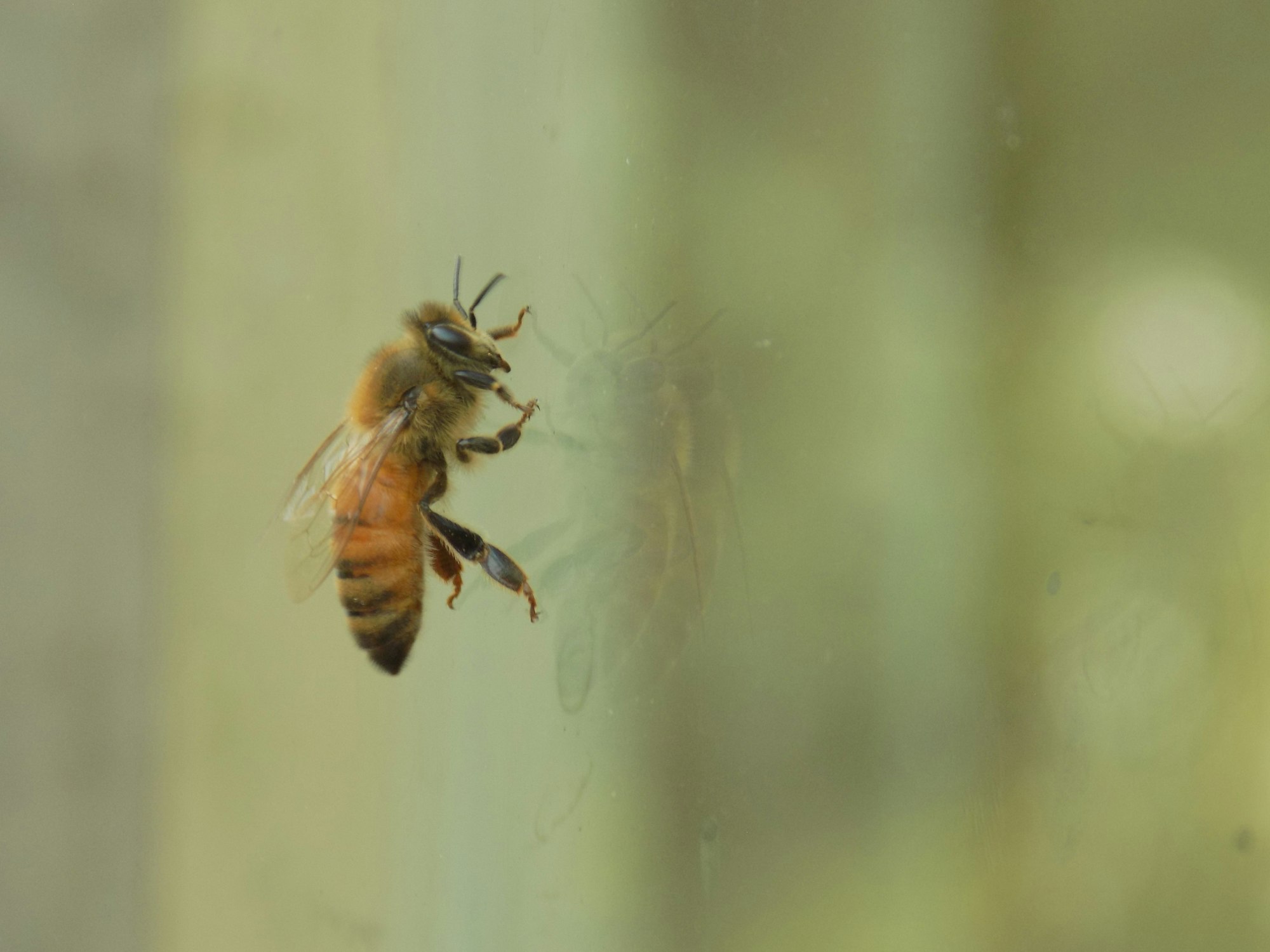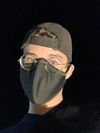How Dangerous Can a Wasp Be?
Any type of insect, depending on its lineage or appearance, can become "dangerous" in situations where they may feel threatened.

Any type of insect, depending on its lineage or appearance, can become "dangerous" in situations where they may feel threatened.
It is generally known that when a wasp is outdoors and feels threatened, it may attack the source of the danger for them, it can be any living being, including humans who sometimes tend to threat them disturbing their peace.
It is known that, most of the wasp stings are annoying; also, the proper and accurate treatment to one of their stings must be carried out immediately to be able to relieve the pain off any person.
If we talk a little bit more about any wasp bite, we understand that they can generate different reactions that are listed from:
- Discomfort and temporary pain
- Allergies and reactions quite difficult to bear
- Headaches
There are different types of cases when we talk about what can cause a wasp sting, whether we are talking about a mild reaction or not so serious; it is for sure that, in general or most of the time, the symptoms of their stings may include:
- Intense or totally instantaneous pain in the place where the sting occurred to the victim or person who has suffered an attack by the wasp/bee
- A red area at the exact place where the sting occurred
- Slight unfavorable swelling and sometimes quite visible in the area of the bite.
If we're talking about a general level, if the sting is related to a moderate reaction in the person who suffered it, it may have a slightly stronger or elevated reactions, having a disturbing symptom such as:
- Extreme redness and a quite noticeable swelling at place of the sting that eventually, enlarges from minor to major as time goes by, also over the course of two or three days.
Talking about reactions, they mostly heal between a not so long period of time, between five to ten days. When a wasp injects their venom for the first time, it will be much worse and worse the third or fourth time as more terrible reactions can be developed similar to the first one.
It is highly recommended that, we talk as soon as possible with a doctor about the treatment of a bite of that insect and how to prevent them especially if we know that the reaction can become something more serious or more intense.
A reaction to a severe sting of a wasp is potentially dangerous and deadly, and also has even required emergency-grade treatment even if a small percentage of people get stung by a wasp, they may quickly develop anaphylaxis.
Many of the signs and symptoms of anaphylaxis are skin reactions including:
- Pale skin
- Blotchy skin
There have been cases where many people have had difficulty breathing normally how they do, some other victims of a sting have come to vomit oftenly or even have uncontrollable diarrhea, also many other times, people immediately go from having a steady pulse to a weak and rapid pulse, victims of a severe allergic reaction have also had constant dizziness or have come to lose consciousness fainting, losing their consciousness in its path.
Overall, a person who may have a severe allergic reaction to an insect sting may have a 25% to 65% maximum chance of anaphylaxis.
Even so, there are allergy specialists who have preventive measures such as immunotherapy which is known as allergy shots to develop an improvement in the reactions that a person may have to the sting of a wasp in relation to previous stings.
Causes of wasp stings
A wasp, and in general, many of the insects that may attack a human, only sting in self-defense in most cases, but, still, there a lot of people who can constantly suffer multiple stings in their outdoor works where they are being exposed mostly to these types of animals in the air.
If we talk about a sting, more than 2 times or even a dozen times, the venom of a wasp can accumulate even in higher degrees and this can cause an intense and toxic reaction in which the victim will feel quite a lot worse, bad or sick, and have feelings of dizziness, fever and convulsions in most cases.
When you have anaphylaxis, this is known that, this is a very serious reaction to the sting of a wasp which is caused by an allergic reaction to their venom in the human body.
When a wasp is felt threatened, they automatically stick their stinger with its barbs into the human skin, this venom contains proteins that attacks and affects the skin cells and the immune system of the human being, which causes immediate inflammation and itching or redness in the area where the sting occurred.
Even so, many people who are allergic to the stings of these insects can trigger various reactions that are more serious and difficult to treat and have increased as well, high risk factors.
These people live in extreme areas where bees or wasps sting in swarms or where beehives are located near or around them.
Sources:
1) https://www.msdmanuals.com/es-ve/hogar/traumatismos-y-envenenamientos/mordeduras-y-picaduras/picaduras-de-abejas-avispas-avispones-y-hormigas
2) https://medlineplus.gov/spanish/ency/article/002857.htm
3) https://kidshealth.org/es/parents/anaphylaxis.html

